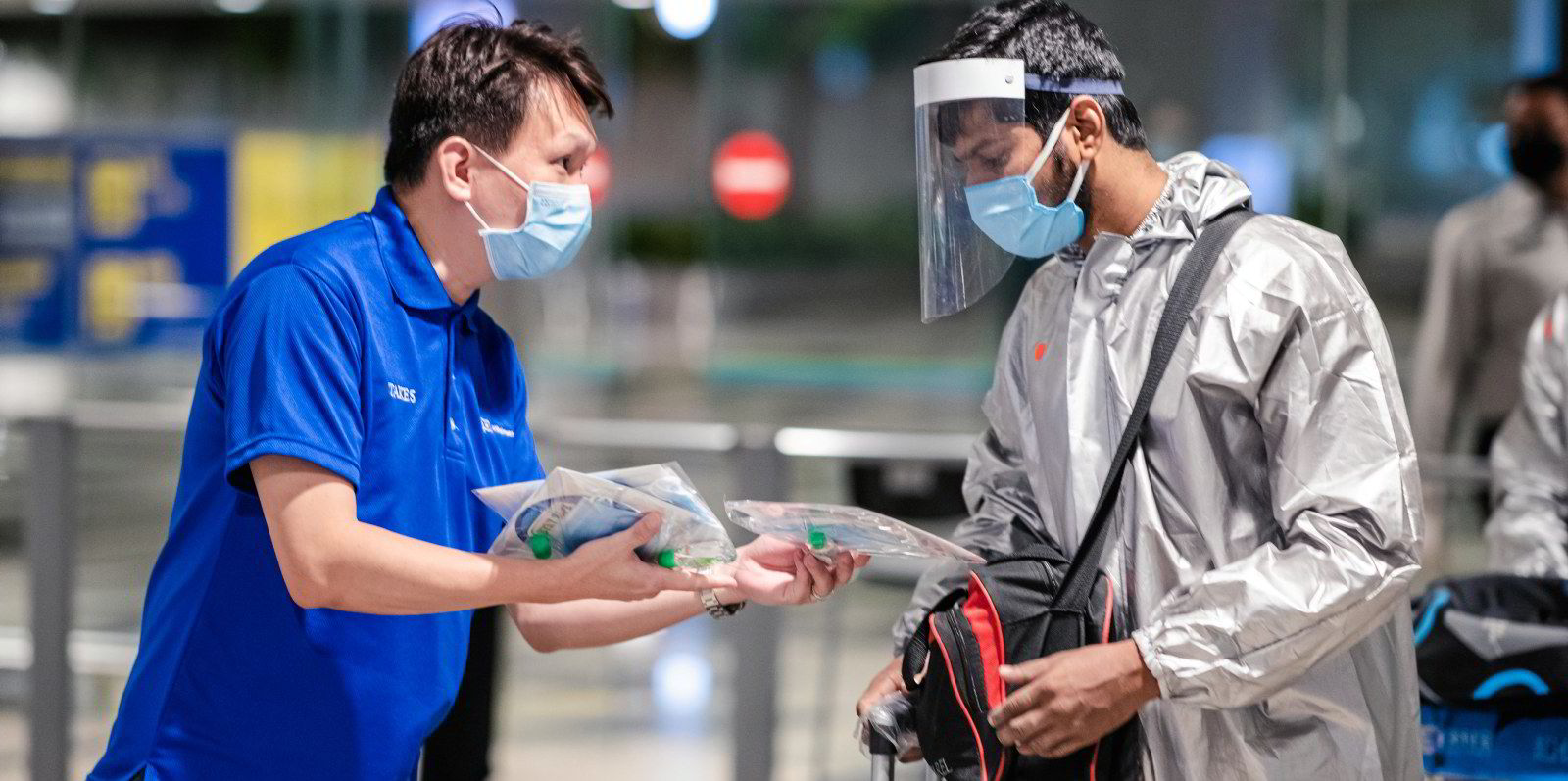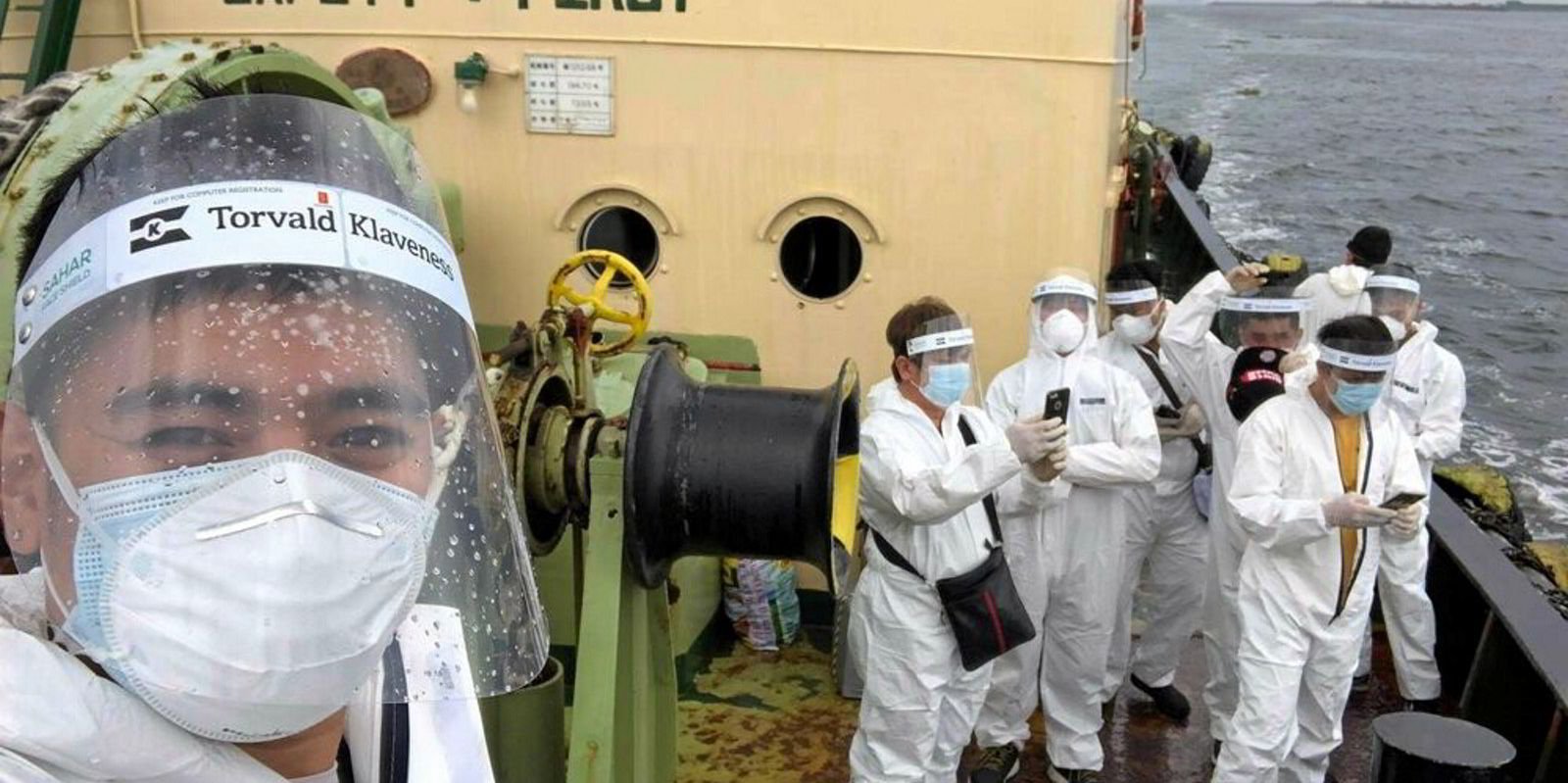Danica Crewing Services has warned a new crew-change crisis is brewing as countries lock down again due to Covid-19 mutations.
The company's managing director Henrik Jensen warned the current situation could be every bit as bad as last spring, when 400,000 seafarers were stranded on their vessels, and more were unable to embark.
The boss said airlines are once again cancelling or reducing flights, limiting the movements of crews.
"Over the past six months, crew changes have been possible in many cases, although they have been costly and complex," Jensen said.
"However, now we are seeing a range of new restrictions and barriers to crew travel while also facing some serious issues in relation to crew health risk factors. I can foresee this impacting heavily on crew changes for the next few months.”
Danica has been working with a range of ship operators to make changeovers possible.
"In response to the rapid increase in infections around the world, governments are imposing new or additional measures including travel restrictions," Jensen added.
Tests proving tricky
He said it is not always easy to get seafarers tested for Covid-19 before travel, depending on where the change is being attempted.
"Tests may not be available at short notice and there may not be available accommodation in which to isolate crew members while they await the results," added Jensen.
The new more rapidly transmissible coronavirus variants from the UK and South Africa also pose a greater threat to seafarers and ships, Danica believes.
There is now more likelihood of crews being infected en route to new postings.
"Due to all the flight cancellations, there are plenty of aircraft available to lease for private transits, but this option is really only economically viable if there are large numbers of crew which is not usually the case," Jensen said.
The company views one or more Covid-19 patients on a vessel as a very serious situation, due to a lack of sufficient medical care available.
Plans scrapped
"It is very difficult to mitigate this risk and in some cases we have to abandon crew change plans if they involve a long transit or a high-risk area," Jensen added.
Several countries adopted stricter crew-change restrictions in the first week of 2021. The Philippines banned seafarers from 21 nations.
Countries tightening up included Japan, China, South Korea, France, Singapore, Russia, Indonesia, Reunion and Mauritius, according to alerts from international port and shipping agency GAC.
Greater implementation of the International Maritime Organization’s crew-change protocols instead of national rules could improve the situation, Danica said.
Not optimistic
But the company is not optimistic of this being a solution at present.
"While I appreciate and support the international cooperation and effort that has gone into producing this excellent protocol, unfortunately I think that it may be a remote dream as we have local government rules, rules in the transit airports/countries and individual airline rules, and I do not think it is realistic to expect all these parties to come together," the managing director said.
"Sadly we have to realise that, when a country has a citizen dying every minute from Covid-19, then a handful of seafarers of foreign nationality left behind on a vessel are not a high priority for them."
Jensen is predicting some hard months ahead.
"It seems likely that things will only get better once the vaccination programmes around the globe begin to take effect," he added.







